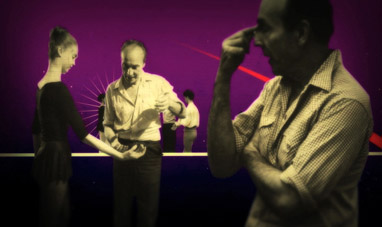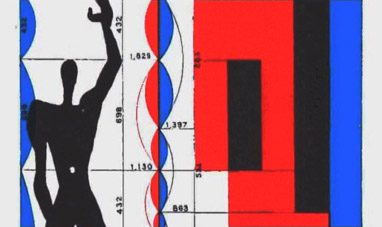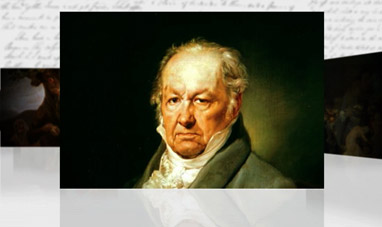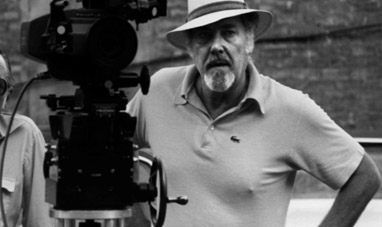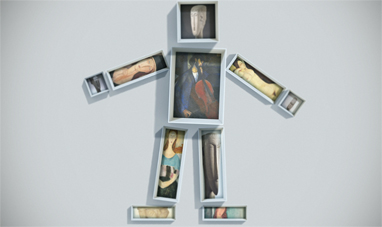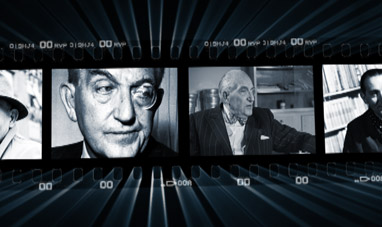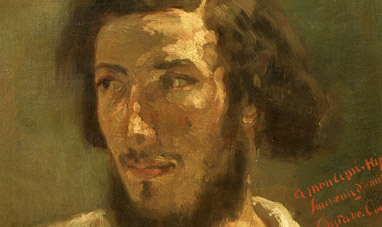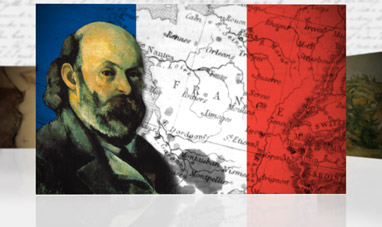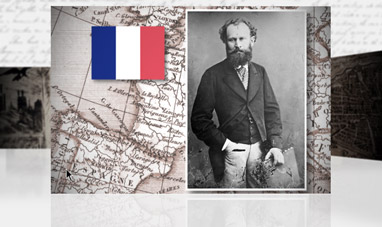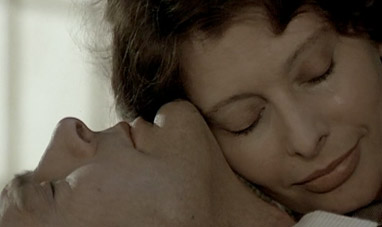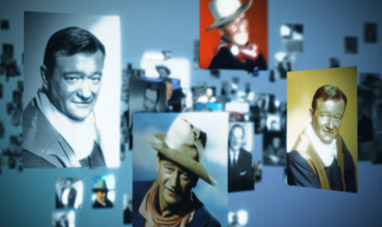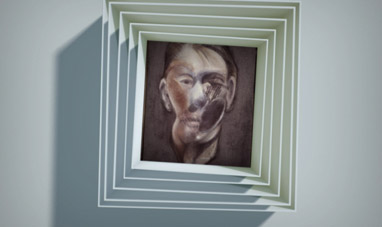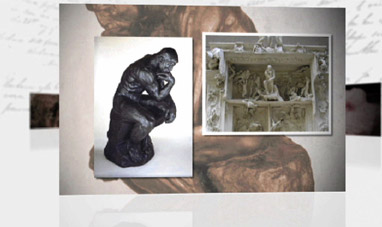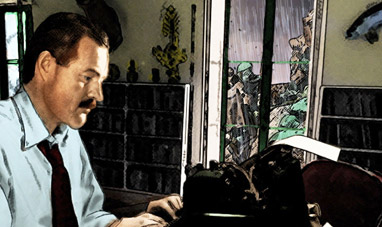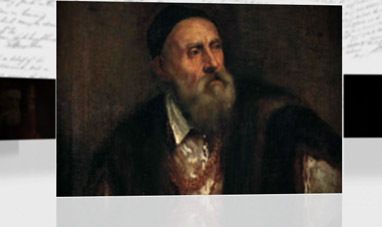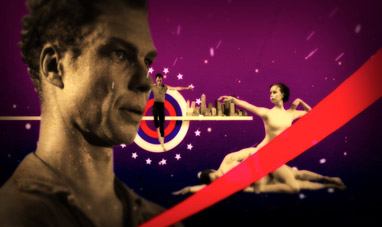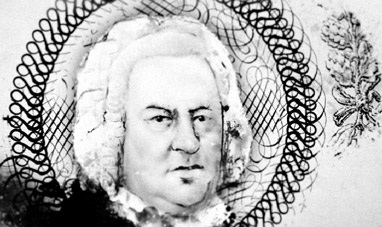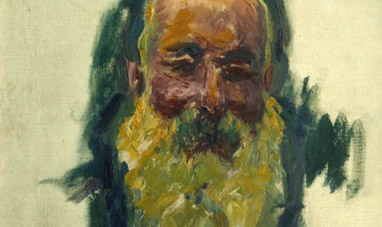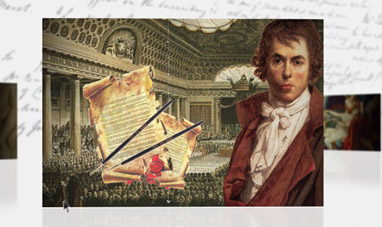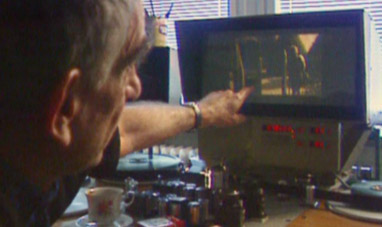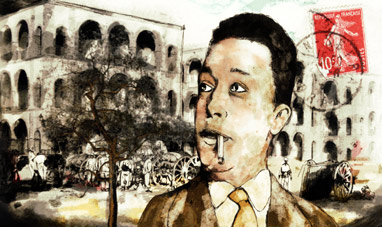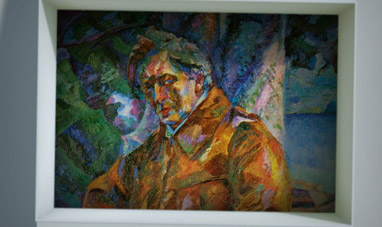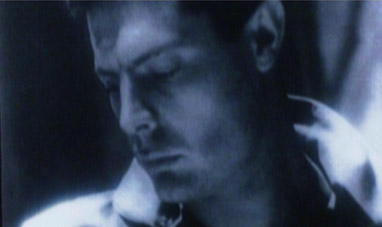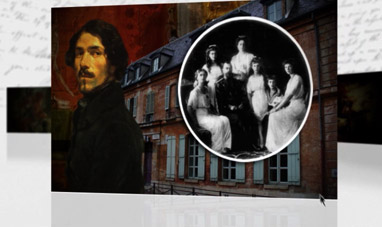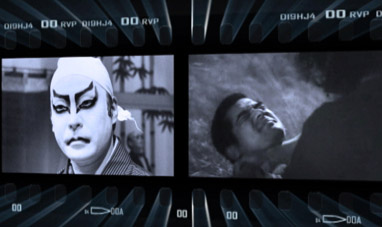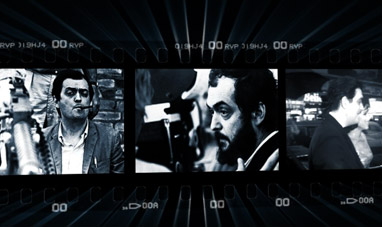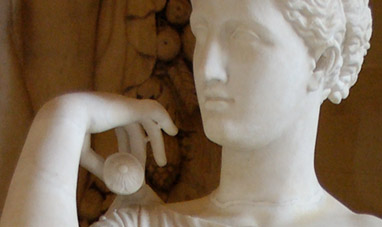Director and screenwriter Billy Wilder was the father of American comedy. He was born on June 22, 1906 in Sucha Beskidska, a Polish city in the Austro-Hungarian empire. His father was a wealthy businessman. Throughout the 1920s, Wilder worked in Berlin as a journalist. His first screenplay was People On Sunday, [1930] which German filmmaker Robert Siodmak directed. When Hitler came to power in Germany, Wilder, who was Jewish, had to flee the country. After a brief stay in France, he moved to Hollywood. [1934] He collaborated with director Ernst Lubisch on the script of Ninotchka, [1939] an irreverent parody of Soviet communism. The film featured the diva Greta Garbo in a comic role for the first time ever. The first movie Wilder directed was The Major and the Minor, [1942] a comedy that dealt with some unsettling themes including cross-dressing, a subject that would reappear in other Wilder films. He confidently alternated between making dramas and light-hearted movies. After Double Indemnity, [1944] a film-noir he wrote with Raymond Chandler, Wilder came out with the comedies A Foreign Affair and A Song Is Born. [1948] In 1950, Wilder made his most intense work, Sunset Boulevard. The story began with a shot of a man floating lifelessly in a swimming pool. In the film, Wilder related the decadence of Hollywood through the story of a one-time silent movie star played by Gloria Swanson. He followed up with Ace in the Hole, a fierce criticism of the American dream, and Stalag 17, [1952] which was set during World War Two.
The director returned to comedy with Sabrina, which featured Audrey Hepburn in the title role. After that came The Seven Year Itch, [1955] and Some Like It Hot, [1959] both starring Marilyn Monnroe. The plots were full of misunderstandings and revelations. Wilder’s quick plot reversals created novel comic effects and stinging commentary on human nature. Wilder used the same style in The Apartment, [1960] a bittersweet comedy starring Jack Lemmon and Shirley MacLaine. Their characters alternate between candour and cynicism while navigating the frustrations of modern American society. The same duo worked for Wilder again in Irma La Douce, [1963] which was about a relationship between a prostitute and a policeman. Wilder continued to use comedy to criticize American society in Kiss Me, Stupid, [1964] this time ridiculing taboos about marital loyalty. The film was a flop. For his last movies, which proved successful, Wilder directed one of Hollywood’s leading comic duos. Jack Lemmon and Walter Matthau starred in The Fortune Cookie, [1966], The Front Page [1974] and Buddy Buddy. [1981] Wilder died in Los Angeles on March 27, 2002. He was 96.
The director returned to comedy with Sabrina, which featured Audrey Hepburn in the title role. After that came The Seven Year Itch, [1955] and Some Like It Hot, [1959] both starring Marilyn Monnroe. The plots were full of misunderstandings and revelations. Wilder’s quick plot reversals created novel comic effects and stinging commentary on human nature. Wilder used the same style in The Apartment, [1960] a bittersweet comedy starring Jack Lemmon and Shirley MacLaine. Their characters alternate between candour and cynicism while navigating the frustrations of modern American society. The same duo worked for Wilder again in Irma La Douce, [1963] which was about a relationship between a prostitute and a policeman. Wilder continued to use comedy to criticize American society in Kiss Me, Stupid, [1964] this time ridiculing taboos about marital loyalty. The film was a flop. For his last movies, which proved successful, Wilder directed one of Hollywood’s leading comic duos. Jack Lemmon and Walter Matthau starred in The Fortune Cookie, [1966], The Front Page [1974] and Buddy Buddy. [1981] Wilder died in Los Angeles on March 27, 2002. He was 96.

